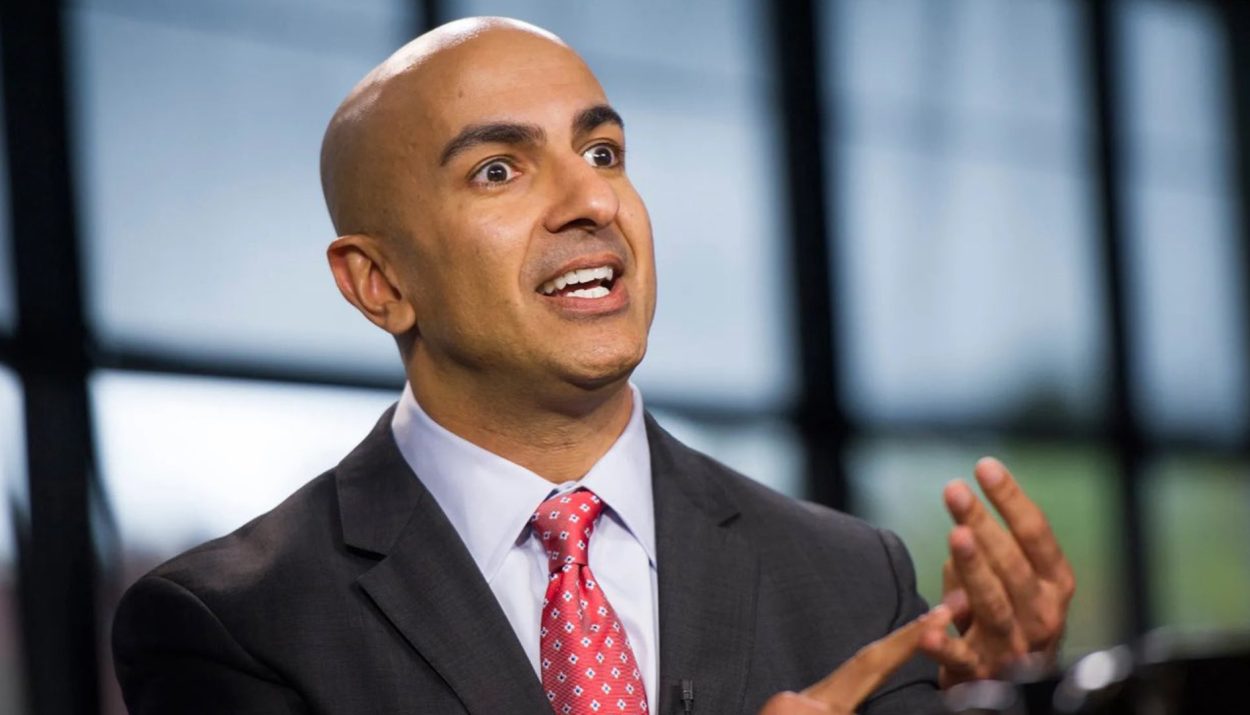This isn’t really good news for homebuyers who have spent the majority of their year waiting for the Federal Reserve to cut interest rates. And the sad thing is that they might have to wait longer.
The country’s housing market has been negatively affected by the most recent mortgage rate update. And those who have been waiting for a rate cut need to remember that other factors affect the market conditions.
The Housing Market Is Still Recovering From The Effects Of COVID
One thing homebuyers need to understand is that the housing market is still struggling to recover from the effects of the inflation caused by the Covid-19 pandemic and the Federal Reserve has been increasing rates to help stabilize the economy.

Homebuyers have had their hopes up, believing that the housing market would benefit and get some relief from the three expected policy changes that the Federal Reserve promised were going to happen later this year.
Homebuyers Hope For Relief Might Not Happen
Despite the anticipation for relief and benefits from the proposed policy changes, a statement made by Neel Kashkari, president of the Minneapolis Federal Reserve has confirmed that it might no longer be happening.
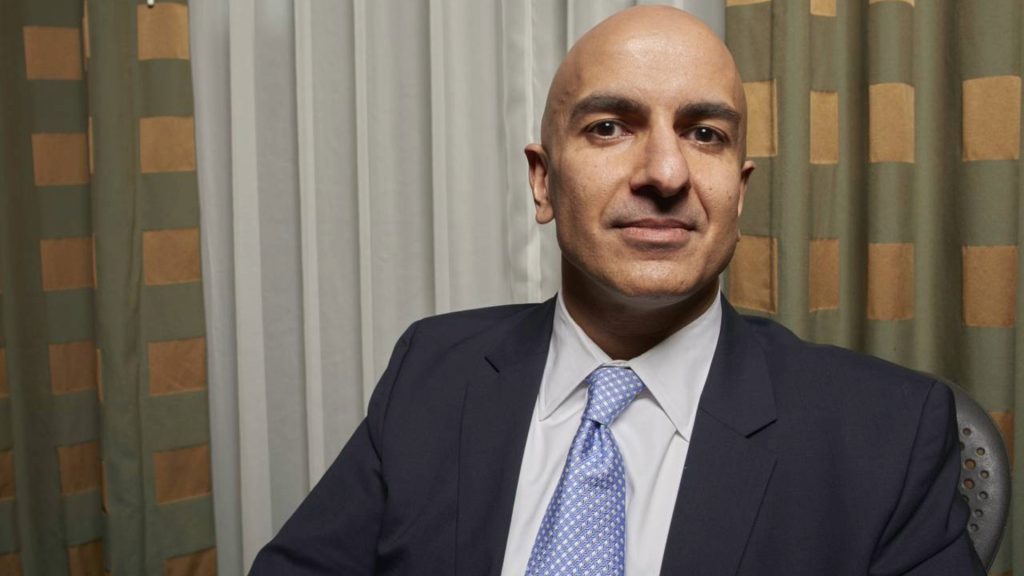
Neel mentioned that, sadly, the Federal Reserve might not be able to implement the expected rate reduction because there is a huge difference between the country’s inflation data and what they expect to happen.
Uncertainties In The Present Economy
Federal Reserve President, poured out his heart about the current economic crisis during his interview with Pensions and Investment. Neel mentioned that there’s quite a lot of uncertainty as regards the present state of the economy.
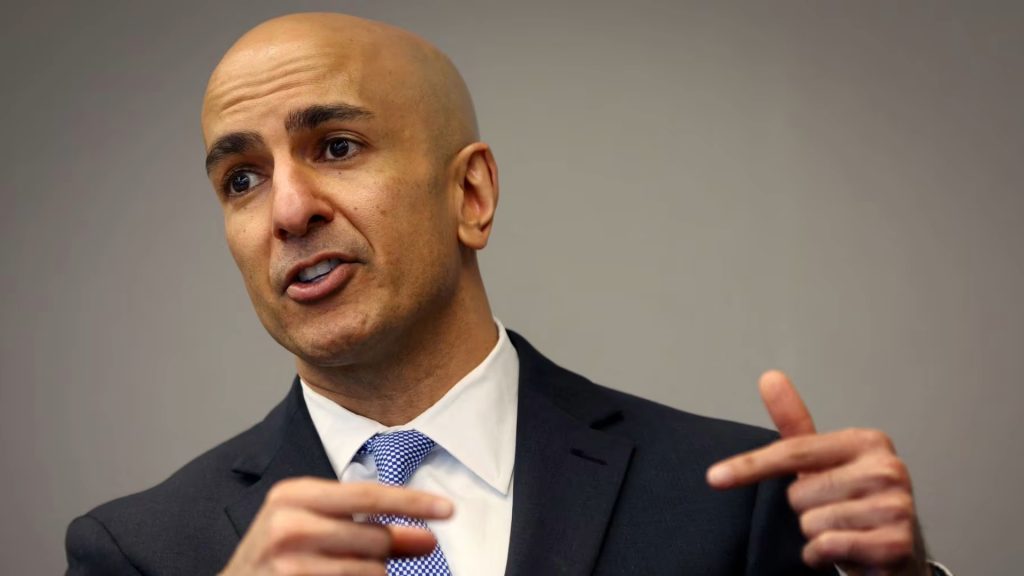
Neel added that, reopening the economy after the pandemic made it difficult for the Federal Reserve to accurately predict economic conditions which have left them with no choice but to rely on traditional tracking systems which have not been accurate.
An Improvement In The Economy
Neel went on to mention that the disinflation that the market experienced during the second half of the previous year was a result of an improvement in the overall economy.
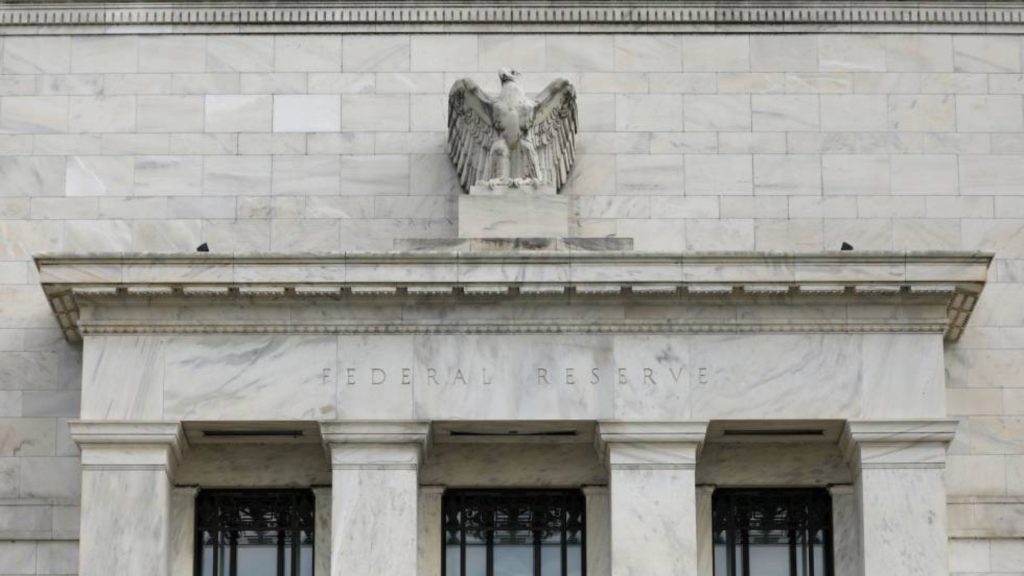
However, there’s something about the latest statistics that is different. The inflation data of the past months have been somewhat troubling. And Instead of it decreasing it has been rather stagnant.
Future Decisions Have Become More Complicated
The uncertainty facing the Federal Reserve has been making things difficult. This might end up affecting the target of the Federal Reserve to cut rates if the inflation rate went down by 2%.
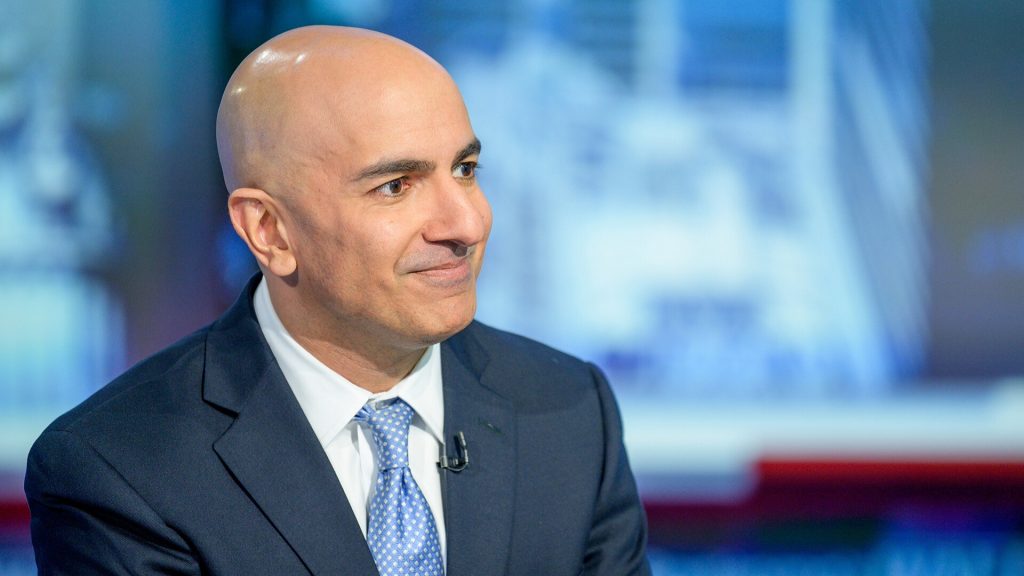
Because of these uncertainties, all the plans made by the Federal Reserve concerning monetary policies and how they will affect the mortgage rates positively have now become more complicated.
Plans Might Have To Change
Neel was speaking about the rate cuts and you could notice how uncertain he was about the whole situation. He explained that earlier in March, he made plans to introduce two different cut rates.

However, this could’ve only worked out if the Inflation trends worked out the way the Federal Reserve had planned it. Now the continued increase has made him change his mind. To Neel, if inflation keeps moving sideways, then is there any need to implement rate cuts?
No One Expects A Decrease In Rates
Housing experts have made it known that the current situation will only cause mortgage rates to rise further and this might continue for an extended period.
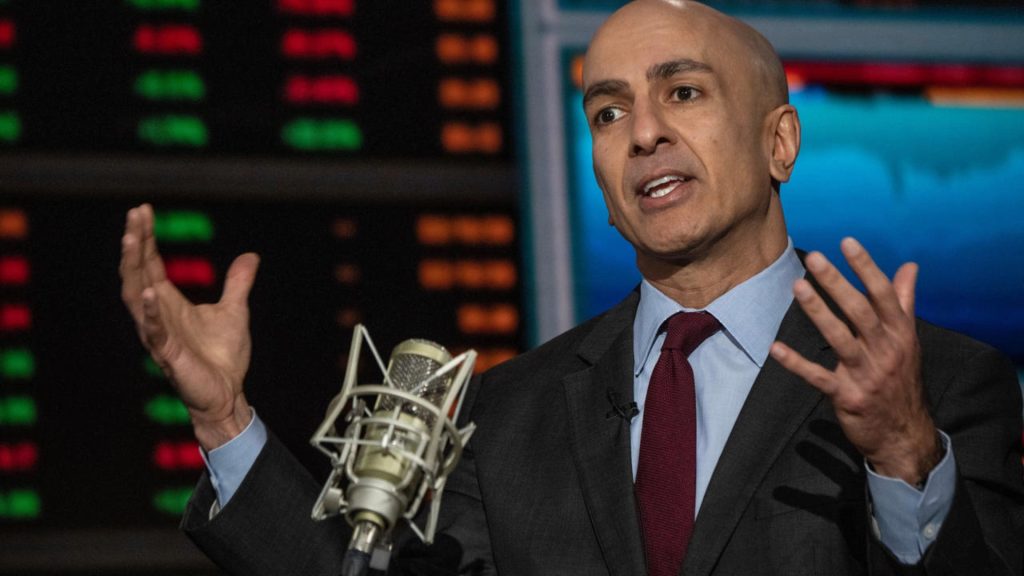
Sam Khater, the chief economist at Freddie Mac also stated that after noticing the recent stability in mortgage rates, it is only natural that no one is expecting a significant decrease in mortgage rates.
A Delicate Balance Is Needed
Sam’s statement has further revealed a wider feeling of the uncertainty surrounding the housing market at the moment. He also mentioned that this uncertainty is caused by the delicate balance needed when monitoring economic indicators.
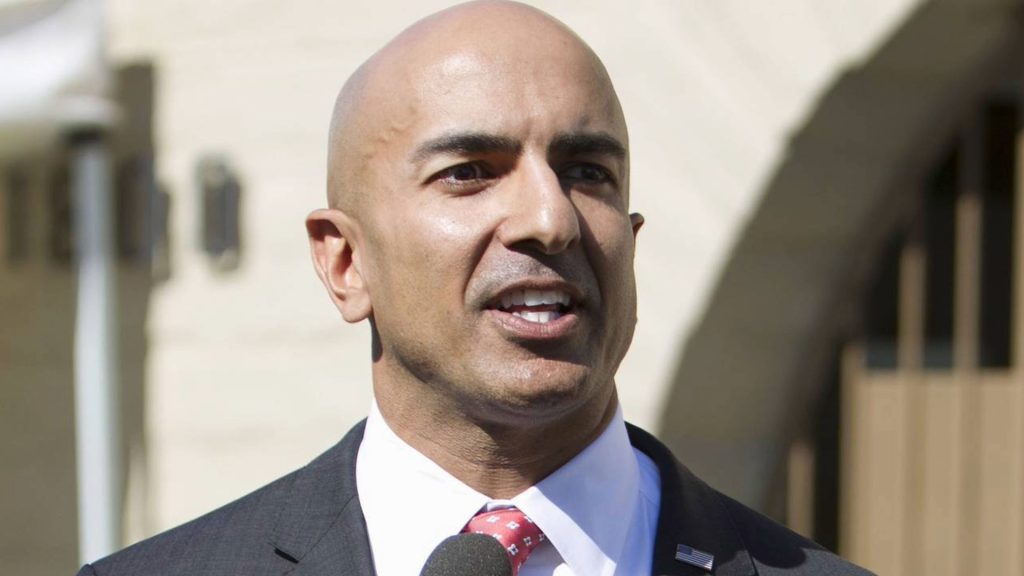
According to the present mortgage interest rate of 6.82%, one can tell that this is a significant increase compared to the previous year.
The Mortgage Interest Rate Has Not Passed 7%
Although there has been a significant increase compared to last year’s rates, one thing is that the interest rates have not exceeded the 7% mark compared to fluctuations from previous years.

Even though the rates haven’t surpassed the 7% mark, the present interest rates are still a big challenge for several individuals who wish to get themselves a good mortgage deal.
The Housing Market Has Found A Different Way To Adjust
Although this rise in inflation has been hindering the Federal Reserve from reducing interest rates coupled with the recent increase in consumer price inflation of about 3.2% per year, the government has found a different way to solve this issue.

Khater said the better approach is that there are more homes available for sale and this should help make homes more affordable for homebuyers.
A 5.5% Increase From February 2023 To February 2024
According to a report from CoreLogic, a company that specializes in data analytics and insights, there has been a 5.5% increase in home prices if we’re comparing February 2023 with February 2024.

CoreLogic also mentioned that this increase will continue but it will be gradual and modest.
The Growth Is Responding To Certain Economic Factors
Focusing on CoreLogic’s data, it’s easy to understand that the constant rise in interest rates is a result of various factors affecting the housing market. Factors like mortgage rates, the availability of housing inventories, and the overall economic outlook.

Dr. Selma Hepp, the chief economist strategist at CoreLogic explained that there was a notable change in the market when the lowest point in the price index for January 2023 finally reduced.
Home Buyers Are Desperately Watching The Federal Reserve’s Next Move
Now that homebuyers have been informed that they might have to wait longer to get interest rates cut, they have been closely monitoring the moves and decisions of the Federal Reserve.

What they don’t know is that they might end up finding themselves in a market where buying properties is influenced by various economic indicators and the set directions of government policies.

